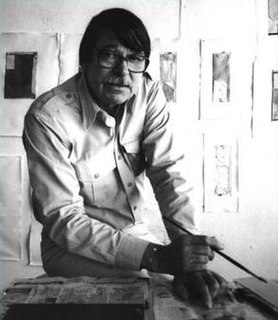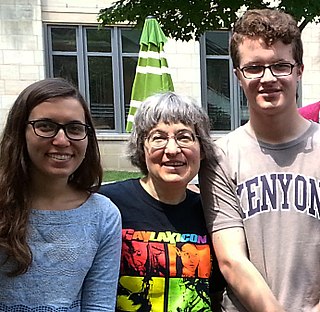A Quote by Nathaniel Hawthorne
I have laughed, in bitterness and agony of heart, at the contrast between what I seem and what I am!
Related Quotes
To keep people interested, your presentation needs to have contrast. As humans we process contrast. We are assessing "what's the same," "what's different," "what's like me," "what's not like me." Humans stay interested if they can process contrast. Varying types of contrast can be used. With content, you can contrast between what is and what could be or between your perspective and alternative perspectives.
One can hardly appreciate how academia has perverted its highest tasks and "ideals" without pondering long and hard the implications of Jacques Barzun's House of Intellect and its Hegelian/Bergsonian contrast between rigidified "intellect" and always-growing "intelligence." This fundamentally Hegelian distinction, needless to say, cuts to the quick of the contrast between Platonic and Aristotelian forms of philosophy.
If you set your heart upon philosophy, you must straightway prepare yourself to be laughed at and mocked by many who will say Behold a philosopher arisen among us! or How came you by that brow of scorn? But do you cherish no scorn, but hold to those things which seem to you the best, as one set by God in that place. Remember too, that if you abide in those ways, those who first mocked you, the same shall afterwards reverence you; but if you yield to them, you will be laughed at twice as much as before.







































